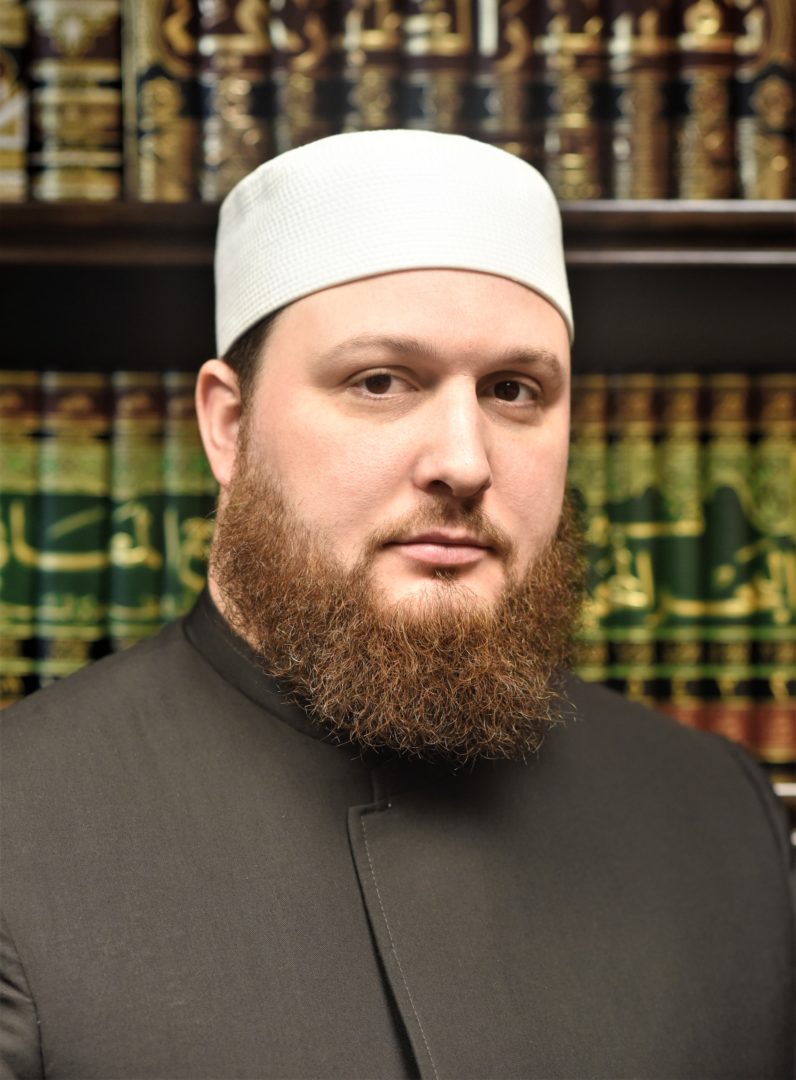Virtues of the Last Ten Nights of Ramadan

The month of Ramadan is one of the most virtuous months in the entire Islamic calendar. It is the only month Allah referred to by name in the Quran: “The month of Ramadan in which was revealed the Quran, guidance for the people and clear proofs of guidance and criterion” (Quran 2:185).
Ramadan is the month that Allah has chosen to reveal His books to His chosen messengers since Ibraham, the father of the Prophets. Wathilah Ibn Al-Asq’a, a companion of the Prophet ﷺ, narrated that the Messenger of Allah ﷺ said: “The Scriptures of Ibrahim (peace be upon him) were revealed on the first night of Ramadan, the Torah was revealed (to Moses) on the sixth of Ramadan, the Gospel was revealed (to Jesus) on the 13th of Ramadan, and the Quran was revealed on the 24th of Ramadan” (Collected By Imam Ahmad).
Of this blessed month, He chose the last ten of its nights to be the most significant and pivotal for Muslims of the entire year. Allah exalts these nights and swears by them saying: “(I swear) by the dawn, and ten nights” (89:1-2).
This being that these nights contain the most virtuous night of the entire year, the night in which the Quran was revealed to the Prophet Muhammad ﷺ. As Allah states in the Quran that which means: “Indeed, We sent it (the Quran) down during a blessed night. Indeed, We were to warn [mankind]. On that night is made distinct every precise matter. [Every] matter [proceeding] from Us. Indeed, We were to send [a messenger]. As mercy from your Lord. Indeed, He is the Hearing, the Knowing. Lord of the heavens and the earth and that between them, if you would be certain. There is no deity except Him; He gives life and causes death. [He is] your Lord and the Lord of your first forefathers” (Quran 44:3-8).
Lailatul-Qadr is a night so virtuous that worship in it is multiplied and magnified to the equivalent of a lifetime of worship. Allah, the Most High dedicated an entire chapter of the Quran emphasizing and describing this night’s significance. He says that which means: “Indeed, We sent the Quran down during the Night of Decree. And what can make you know what is the Night of Decree? The Night of Decree is better than a thousand months. The angels and the Spirit descend therein by permission of their Lord for every matter. Peace, it is until the emergence of dawn” (Quran: 97:1-5).
The Prophet Muhammad ﷺ further emphasized the virtue of worship during this night when he said: “Whoever prays the night during Laylat Al-Qadr out of faith and hope of reward, all their previous sins will be forgiven” (Collected by Bukhari & Muslim on the Authority of Abu Hurayrah).
The wife of the Prophet and mother of the believers, Aisha, narrated that: “With the start of the last ten days of Ramadan, the Messenger of Allah ﷺ would pray all the night, and would keep his family awake for the prayers. He tied his lower garment and devoted himself entirely to prayer and supplication” (Collected by Bukhari & Muslim).
We see from the previous texts that the opportunity of this night is quite literally the opportunity of a lifetime. This begs the question, how do I reap the fruits of this blessed night? Must I pray all night? Must I attend congregational prayer in the masjid at night? Must I make I’tikaaf during these last nights? While all of these are viable options and truly wonderful for those who are able, the answer is far broader than simply doing these things. Rather it is more about a mindset expressed through these various acts of worship that the Prophet and his companions would perform.
Aisha, may Allah be pleased with her, said: “I asked the Messenger of Allah ﷺ: ‘O Messenger of Allah, if I happen upon the night of Laylat Al-Qadr, what should my supplication be?’ He said: “Say, O Allah, You are of such awesome and constant pardon, you love to pardon, so pardon me” (Collected by Ahmad, Ibn Maajah, and At-tirmithi).
Hence, let this be the theme of every night of these last ten nights of Ramadan. Wherever we are, whatever type of worship we are able to muster, much or little, any prayer we are able to make, whether in the masjid, in our homes, or even at work, our theme and anthem chanted with every breath, ‘O Allah, You are of such awesome and constant pardon, you love to pardon, so pardon me.’
By Sh Ali Mashhour

